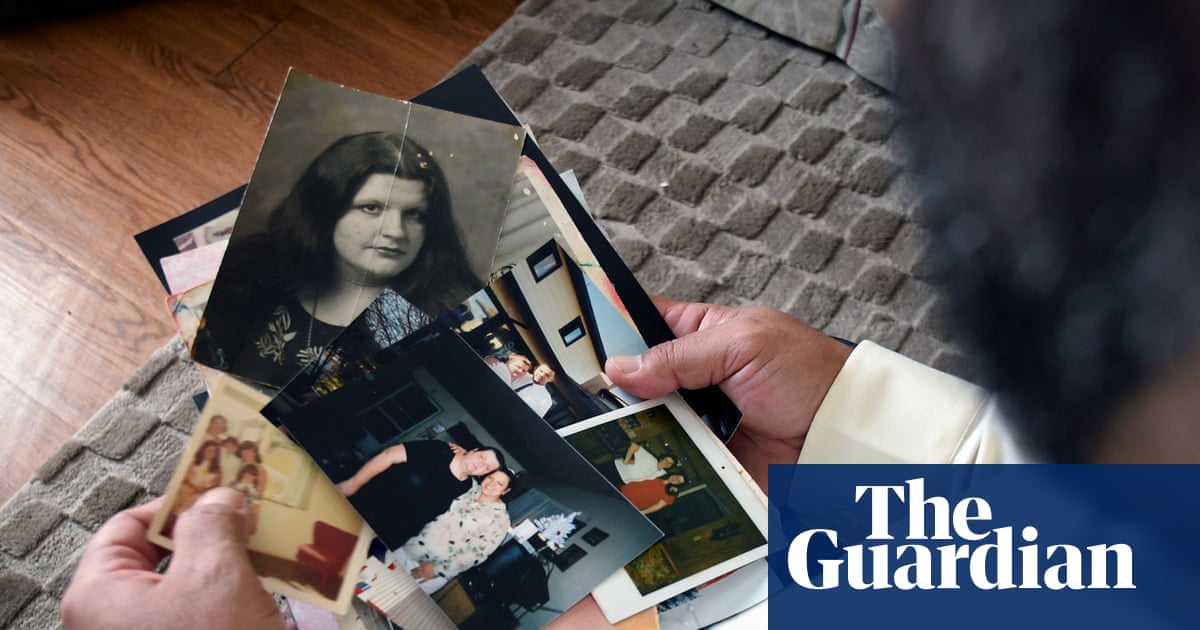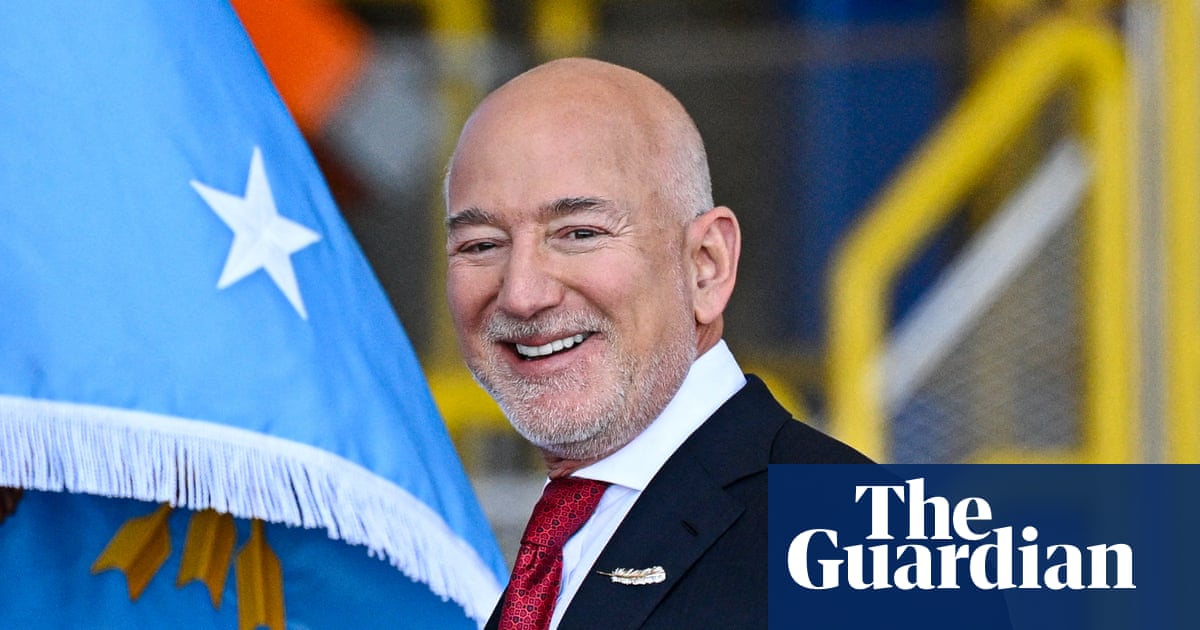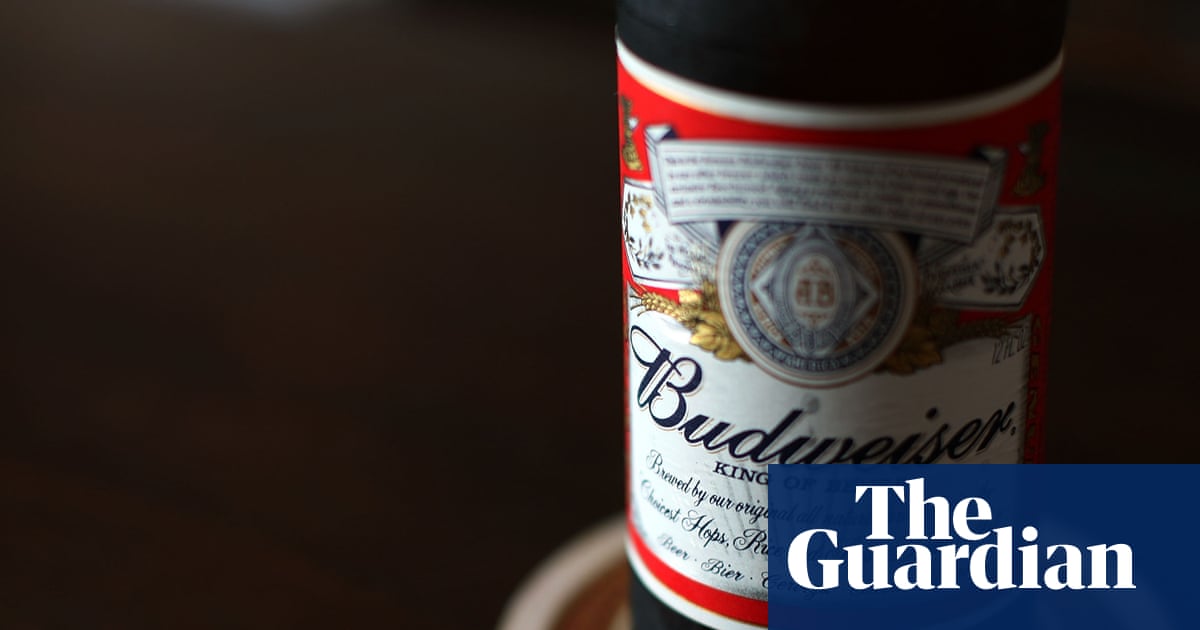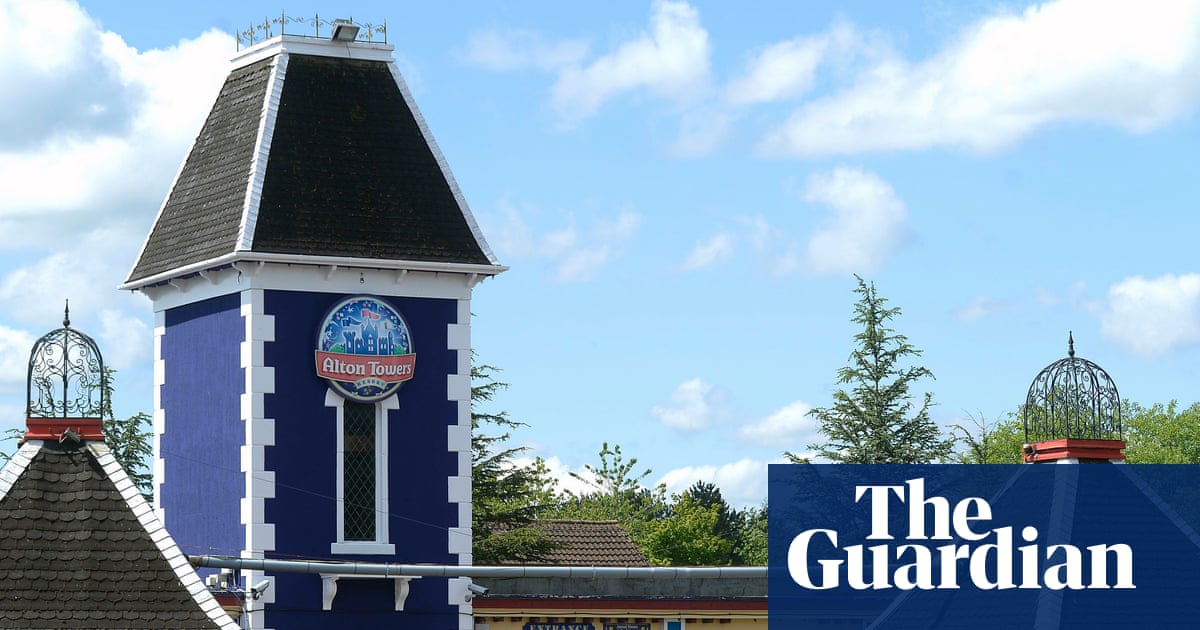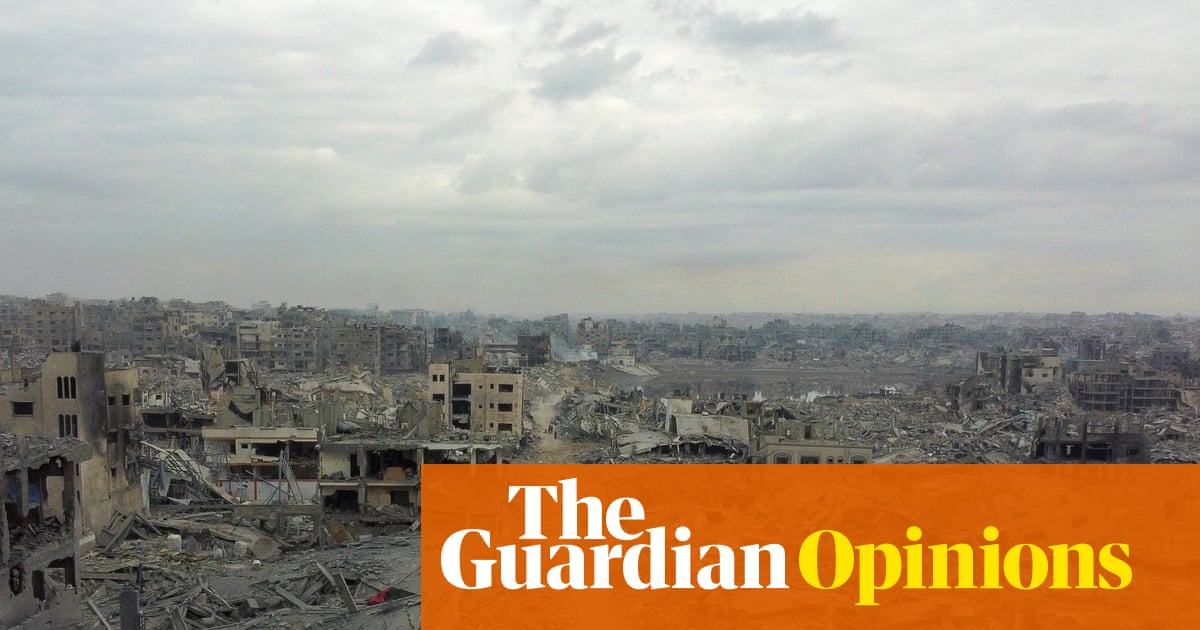Three schoolboys in black sweatshirts dart from a wooden fort across a sandpit, weaving and jostling past prams, scooters and bystanders, after a pink football. A pony-tailed girl launches herself on to a moving roundabout, while a young man wrestles a half-naked toddler into a pair of training pants before she scampers off back to the sandpit in the autumn sunshine.
This is Buckland adventure playground in Portsmouth, surrounded by trees and a mix of two-storey flats, terrace houses and tower blocks, mostly social housing built to replace the city’s demolished slums.
It is a throwback, a product of the postwar 1960s welfare state. And yet, after more than a decade of cuts that have ravaged leisure provision for children and youth services across England and Wales, the playground, and the youth club connected to it, have survived despite ever-lengthening odds.
Generations of children, a high percentage of whom live in relative poverty, have grown up here. For many it is a “second home”, a space where they feel seen and safe.
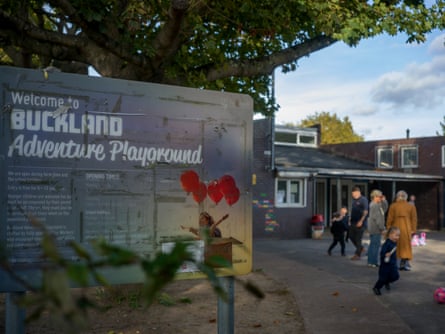
-
Buckland adventure playground has now had three generations of children enjoying its facilities
“I can’t think of how many kids have gone though our hands,” says Maureen Maplesden, a former Post Office clerk who began volunteering after the playground was built half a century ago. Now 83, a grandmother of six and a great-grandmother of four, she never stopped.
“We’re seeing third-generation kids – and that says something,” she says. “It’s so important kids have a place to play safely and use their imaginations.”
Maplesden has fundraised, gardened, and taught arts, crafts, photography and pottery. She helped set up a committee to save it when the space was once threatened with closure. And now her daughter, Nicky Andrews, is the full-time playground manager.
“I’ve spent more time here than in my own house,” says Maplesden. “When my husband was alive, he would be here, painting or gardening.”
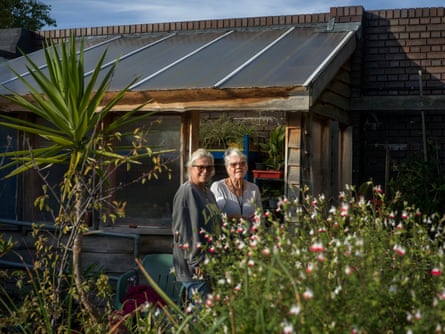
-
Maureen Maplesden, 83, who ran the adventure playground as a volunteer, with her daughter Nicky, who took over as manager
Mollie May Casey, 19, a former playground regular before she graduated to the nearby Buckland youth activity centre (BYAC) for 11- to 19-year-olds, says she “grew up here”.
“My mum used to bring me and when I was old enough to come on my own, at six, I used to bring my little sister,” she says.
Casey, who was bullied at school, found adults to confide in here. She says: “I got bullied all my life; I didn’t care, I grew up with it.
“Here, there’s always someone to talk to. I love Nicky. She’s busy but she has always got a word for you.”
What is the Against the tide series?
ShowOver the next year, the Against the Tide project from the Guardian’s Seascape team will be reporting on the lives of young people in coastal communities across England and Wales.
Young people in many of England's coastal towns are disproportionately likely to face poverty, poor housing, lower educational attainment and employment opportunities than their peers in equivalent inland areas. In the most deprived coastal towns they can be left to struggle with crumbling and stripped-back public services and transport that limit their life choices.
For the next 12 months, accompanied by the documentary photographer Polly Braden, we will travel up and down the country to port towns, seaside resorts and former fishing villages to ask 16- to 25-year-olds to tell us about their lives and how they feel about the places they live.
By putting their voices at the front and centre of our reporting, we want to examine what kind of changes they need to build the futures they want for themselves.
The playground, one of six in Portsmouth, is a feeder for the nearby youth club, one of four in the city. The retention of this number of youth spaces in one place is almost unprecedented at a time when centres are disappearing at other coastal towns with high levels of deprivation.
Casey made new friends at BYAC and met her boyfriend, Blake Turnball, 18, who is father to their 11-month-old baby, Albie.
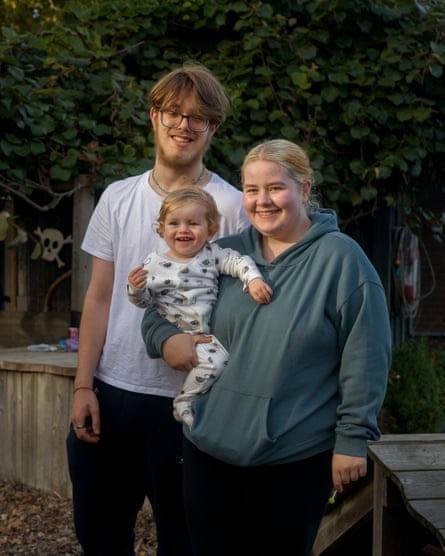
-
Mollie May Casey with her boyfriend, Blake Turnball, and their 11-month-old baby, Albie. Buckland youth activity centre helped bring the couple together
“We’ve been mates for six years,” Casey says, as Turnball plays with the younger children behind her. “We used to say we liked each other, and then we said no and then yeah. And he finally said yeah, and that was it.”
Now they bring Albie to the playground. They don’t take him to mother and baby groups because “you get mums that think they’re better than everyone else. Here, they don’t judge you.”
Another regular, Molly Webb, 22, who now comes with her four-year-old son, Elijah, says it became a second home for her, full of “magical” childhood memories.
Webb, who is in her third year at university, studying English literature and history, says: “I grew up in play centres and my mum grew up in them. They do camps away, to the New Forest, which we wouldn’t have been able to afford. On night walks, Nicky would make up these beautiful stories, about unicorns and witches. My brother is 11, and he and his friends still talk about them.”
Nearly a quarter of children in Portsmouth live in relative low-income families (those with an income below 60% of the current national average) compared with England’s average of 20%. It has the second-highest proportion of children (17.3%) living in families with absolute low income in the south-east, which has an average of 10.8%.
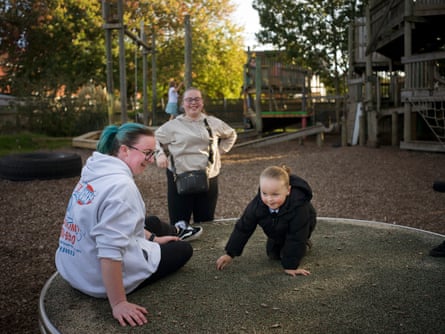
-
Molly Webb, 22, with her younger sister, Chloe, and her four-year-old son Elijah at Buckland adventure playground
Buckland has the second-highest proportion of disabled residents in the city, at 26.7%, compared with the English average of 17.7%, as well as a higher prevalence of childhood obesity and poor health outcomes. Parts of Portsmouth council’s Charles Dickens ward, named after the author and social critic who was born here and where BYAC is situated, are among the 10% most deprived areas in the country.
If the playground is the beating heart of Buckland’s community, then matriarchs such as Andrews, Maplesden and the others who work or volunteer here, are its lifeblood. They spot the children who are hungry but have no money for the tuck shop, the parents who need help, and the traumatic life events and crippling illnesses that can leave children on their own.
Andrews, 55, loves her job. “I’m a big kid at heart. I love the whole ethos of play.” She came here for her first job at 18 in the 1980s, on a Youth Training Scheme, returned five years later and never left. “They’re going to have to carry me out of here in a box,” she says with a grin.
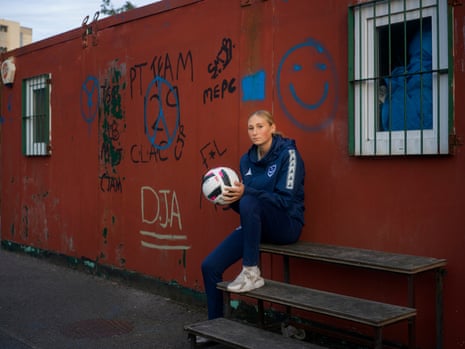
-
Layla Morgan, 16, who now plays football in a semi-professional league, credits youth workers at BYAC with helping give her stability after the ‘chaos’ of previous years
Up the road at the BYAC, four youngsters are playing pool while others sit at a table for a game of cards with a youth worker. There are PlayStations and an outdoor football pitch; the kitchen has a sign reading: “Sometimes good people make bad choices.”
Layla Morgan, 16, a footballer with Portsmouth women’s Under-21s and AFC Portchester women’s first team, comes here most nights to relax, she says.
“Sometimes I meet my friends after college and come here. We play football or Fifa on the PlayStation.
“The staff are very supportive. Before I came here, I used to be a little bit naughty. You’d go out with three people and end up with 100 people and it would be chaos. We’d play hide and seek in the shopping centre and they would kick us out.”
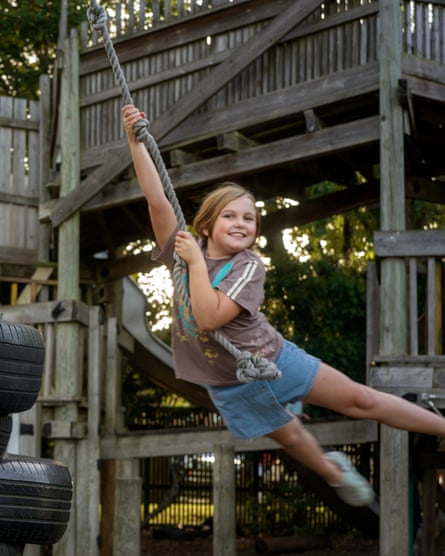
-
Esme Swain-Edwards, nine, enjoys the swing at Buckland playground
Layla has processing issues, autism and attention-deficit hyperactivity disorder (ADHD), which caused her problems at school and made her more vulnerable than other children, according to her mother, Donna Morgan.
“When she was younger, she would do things like jump on a train to Fareham to go to the woman’s football. We had to sit her down, explain the danger she could be in.
“Here, she has stability. She knows she can talk to Luke [Preston, youth centre manager] and he’s great. There’s certain things kids don’t want to talk to their parents about but they need to talk. She gets that here.”
The council playgrounds are used by more than 91,000 children a year, while 21,000 attend its youth clubs.
Portsmouth council took a decision to fund and prioritise play and youth services two decades ago because so many children were living in “absolute poverty”, according to Darren Sanders, the council’s deputy leader and Liberal Democrat cabinet member for housing and homelessness.
Sanders, who was not on the council at the time, says that commitment has not wavered and, with other arms of the council and outside agencies, they work together to help safeguard vulnerable children who could be at risk from exploitation or being drawn into county lines drug distribution.
“We believe that building up relationships and trust breaks down barriers and helps people live the lives they want to lead,” he says. “We want working-class children to get the same advantages as middle-class children.”
As some youth club catchment areas have such a high proportion of council tenants – up to 68% in Buckland – Portsmouth can fund part of its annual £2.2m play and youth service bill out of council rents and service charges, along with money from other sources.
A 2024 study on the impact of youth club closures in London found the average pupil did 4% worse in GCSE exams after the facilities shut. Results for children eligible for free school meals were 12% lower and it found that those who lost access to clubs were 14% more likely to commit crime.
Prof Carmen Villa, of the University of Zurich’s Jacobs Center for Productive Youth Development, who conducted the research, says: “Adolescence is a very critical period, where we know from neurological literature the brain is undergoing important changes.
“A sense of belonging is critical,” she adds. “Any initiative that makes the most of that precious time and tries to do something about it can be very beneficial.”
The Against the Tide series is a collaboration between the Guardian and the documentary photographer Polly Braden and reports on the lives of young people in coastal communities across England and Wales

 2 months ago
65
2 months ago
65


